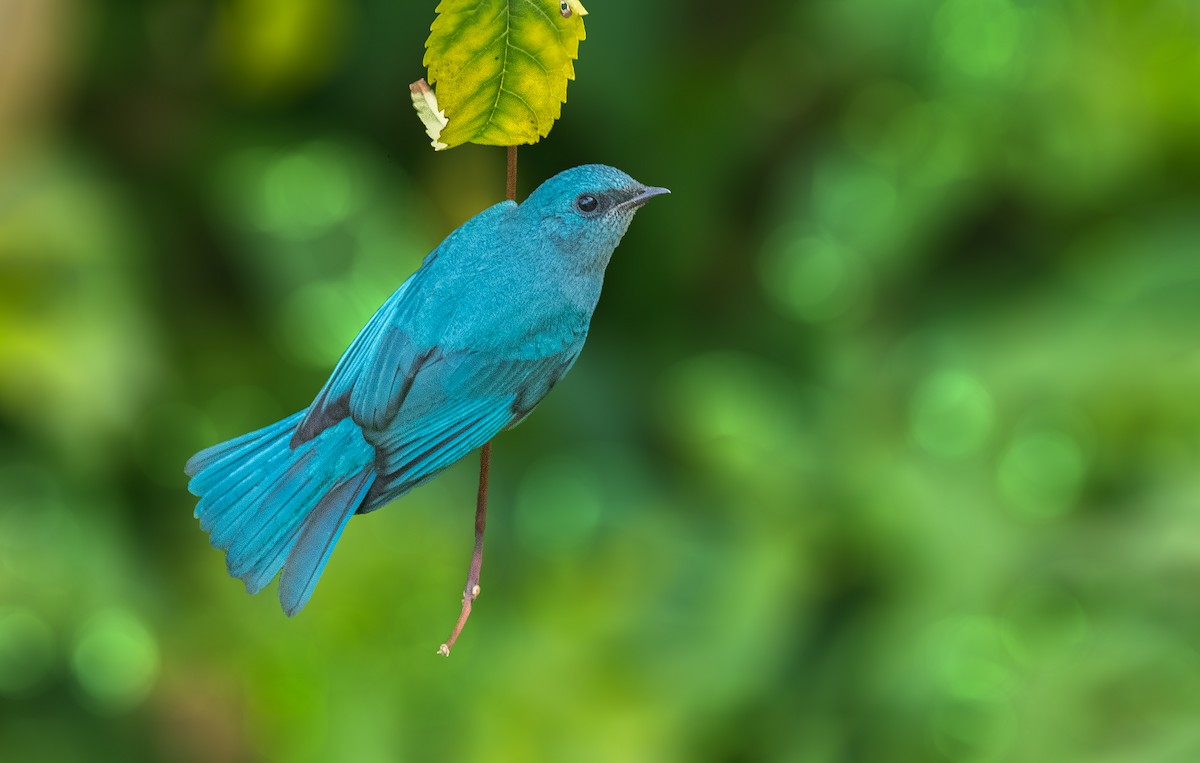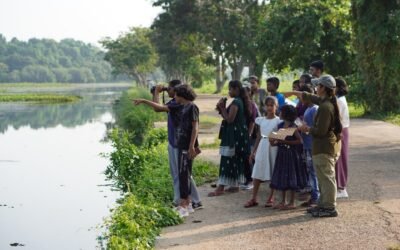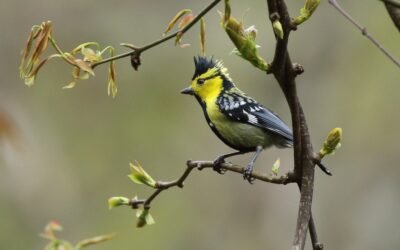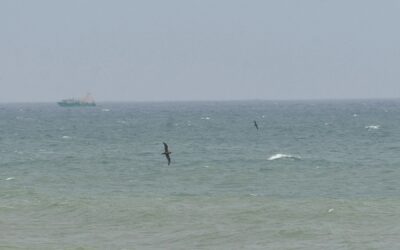A New Year, and so many places to go and birds to see and admire. What can we look forward to in documenting the birds of our beautiful country?
Birding events. As in earlier years, there are several important (and fun) events to look forward to. The Asian Waterbird Census and Pongal Bird Count in January, the Great Backyard Bird Count plus Campus Bird Count in February [details to follow soon], Endemic Bird Day in May, and more! If you wish to start a regional event and if you think we can help, please do let us know.
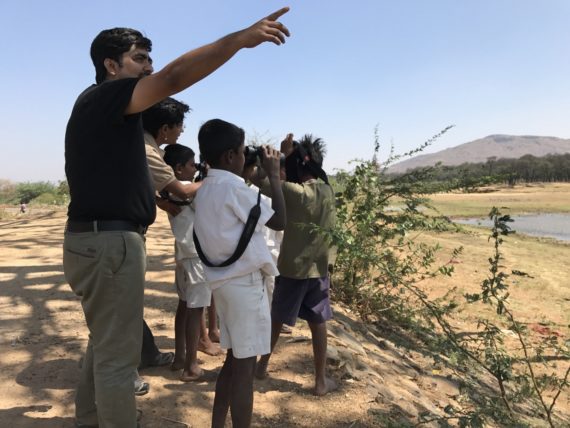
Birding with school kids, Photo: MD Madhusudan
Birding challenges. To add some fun to your birding, Bird Count India runs monthly as well as yearlong challenges. The challenge for January is to cover at least three different wetlands for the Asian Waterbird Census, and there are six yearlong challenges to aim towards in 2018. The Last Birder Standing challenge (to maintain an unbroken daily run of birding from 1 Jan 2017 onwards) continues until only a single birder remains. If you aren’t in the running for Last Birder Standing, but still want to challenge yourself to daily birding, please do start today: the revamped eBird website design to be launched soon will tell you the number of days of “birding streak” you currently maintain.
And, of course there are the global challenges: the monthly challenge for January is to upload 31 eligible checklists in the month, and there is also a checklist-a-day challenge for 2018.
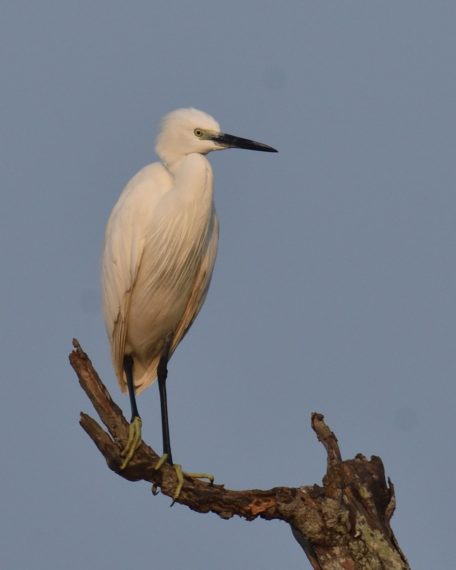
Little Egret, photo: Mallika Rajasekaran/Macaulay Library at the Cornell Lab
Bird documentation projects. The Kerala Bird Atlas continues. It is halfway through its five-year duration, with about 60% of the work completed. Do get in touch with the organizers if you wish to volunteer to take part. We anticipate that some results from the Mysuru City Bird Atlas, whose three-year run was completed in 2016, will be published soon. Several other local and regional projects are in the planning stage or have just been initiated. If you are interested in launching a bird documentation project in your area, and you think we can help, please do get in touch.
Merlin for India. eBird is tightly integrated with Merlin, an application that helps you identify the birds you see and photograph. Merlin is working on a southern India pack, for which photos are needed to train the algorithm. Do take a look at the species for which photos are needed, and please consider contributing! (A northern India pack will follow later.)
eBird news and features. eBird in India continues to grow rapidly. In 2017, we crossed 8 million bird observations, contributed by over 10,000 birders. One key goal in the coming year is to focus on generating meaningful output from this huge dataset. Globally, the figures are 472 million bird sightings contributed by 360,000 birders. Read more about the global year in review for 2017.
New tools and features on eBird include Illustrated Checklists, a community rating system for media, the ability to change species directly on your checklists, and various upgrades to eBird mobile.
If you have submitted more than 100 complete checklists in 2017 you will have access to the community review process on the platform, and will be able to flag photos/audio as possibly incorrect for a reviewer to look at. You can do this either through the media page, or while viewing a checklist. While looking at media, please do spare a few seconds to rate them (any user can do this). Community ratings are important in various ways, including in the Illustrated Checklist feature (eg for Basai wetland).
Finally, make eBird your New Year’s resolution for 2018! Take a look at this article to find new ways to make your birding rewarding both personally and for the larger effort to document and conserve birds.
Header image: Verditer Flycatcher by Abhishek Ravindra/Macaulay Library at the Cornell Lab

